Game Design Jobs in the Video Game Industry: The Ultimate Quick Guide

Introduction
The video game industry has witnessed remarkable growth over the years, attracting players across various platforms worldwide. This expansion has led to an increase in demand for skilled game designers who can conceptualize and create engaging gameplay experiences. In this article, we will explore the world of game design jobs, their roles and responsibilities, the required skills, and how to kickstart your career in this dynamic industry.
The Various Roles in Game Design
Game design is a multidisciplinary field that encompasses numerous roles, each with its unique set of responsibilities and required skills. Some of the most common game design jobs include:
Game Designer: Game designers are responsible for conceptualizing and designing the core gameplay mechanics, systems, and features of a game. They create design documents, level layouts, and collaborate with other team members to ensure that the game is engaging, balanced, and fun.
Level Designer: Level designers focus on creating the individual levels, stages, or missions within a game. They work closely with game designers and artists to design the layout, objectives, and challenges of each level, ensuring a smooth and enjoyable gameplay experience.
Narrative Designer: Narrative designers craft the story, characters, and dialogue of a game. They collaborate with other designers and writers to create compelling narratives that drive player engagement and enhance the overall game experience.
Systems Designer: Systems designers specialize in creating the underlying systems and mechanics that govern a game's world, such as character progression, economies, and combat systems. They analyze player data and feedback to balance and refine these systems, ensuring a satisfying and rewarding gameplay experience.
User Interface (UI) Designer: UI designers are responsible for designing the visual elements and interactions of a game's user interface, such as menus, HUDs, and control schemes. They work closely with other designers, artists, and programmers to create intuitive and accessible interfaces that enhance the player experience.
Required Skills for Game Design Jobs
To excel in a game design job in the video game industry, candidates should possess a combination of technical, creative, and interpersonal skills. Some of the most important skills for game design professionals include:
Strong design fundamentals: Game designers need a solid foundation in design principles, such as visual design, user experience design, and interaction design. Familiarity with color theory, typography, and layout can also be valuable.
Creativity and innovation: A keen sense of creativity and innovation is essential for developing unique and engaging gameplay experiences that resonate with players.
Collaboration and communication: Game designers often work closely with other team members, such as developers, artists, and producers. Strong communication and collaboration skills are essential for effectively conveying ideas and addressing challenges.
Knowledge of game development processes: Familiarity with game development pipelines and workflows, as well as experience working with game engines like Unity and Unreal, is crucial for game designers in the video game industry.
Problem-solving and critical thinking: Game designers must be able to identify, analyze, and resolve complex design issues that may arise during the development process.
Adaptability and continuous learning: The video game industry is constantly evolving, and game designers must be able to adapt to new technologies, tools, and techniques to stay relevant in the field.
How to Kickstart Your Career in Game Design
Breaking into the video game industry as a game designer can be challenging, but with the right combination of skills, experience, and perseverance, you can land your dream job. Here are some steps to help you get started:
Develop a strong foundation in design principles: Invest time in learning design principles, such as visual design, user experience design, and interaction design. Online courses, workshops, and tutorials can be valuable resources for enhancing your design skills.
Familiarize yourself with game development tools and engines: Gain hands-on experience working with popular game engines like Unity or Unreal Engine, as well as other tools used in game design, such as level editors and prototyping software.
Build a portfolio: A well-rounded portfolio showcasing your game design skills and completed projects is essential for demonstrating your capabilities to potential employers. Include samples of your work from personal projects, internships, or freelance assignments.
Gain experience through internships or freelance work: Hands-on experience is crucial for building your skills and résumé. Look for internships or freelance opportunities in the video game industry on Hitmarker or in related fields, such as mobile app or web design elsewhere.
Network with industry professionals: Attend industry events, conferences, and meetups to connect with other game designers, developers, and professionals in the field. Networking can lead to valuable insights, job leads, and potential collaborations.
Tailor your application to the company and role: When applying for game design jobs, make sure to customize your cover letter, résumé, and portfolio to highlight the skills and experiences most relevant to the specific company and position.
Prepare for interviews: Research the company and role thoroughly before attending an interview, and be prepared to discuss your portfolio, work process, and how your skills align with the job requirements. Showcasing your passion for game design and the video game industry will also make a strong impression on potential employers.
Conclusion
Game design jobs in the video game industry offer creative and rewarding career opportunities for those with a passion for designing engaging and immersive gaming experiences. By developing the necessary skills, building a compelling portfolio, and networking with industry professionals, you can increase your chances of landing your dream game design role in the fast-paced and exciting world of video game development. If you’re ready to get going, you can see our wide selection of game design jobs by clicking here. If you're still keen to read more, check out another one of our game design articles here.
-
 Landing a Summer Internship in the Video Game Industry: The Ultimate Quick Guide
Landing a Summer Internship in the Video Game Industry: The Ultimate Quick Guide -
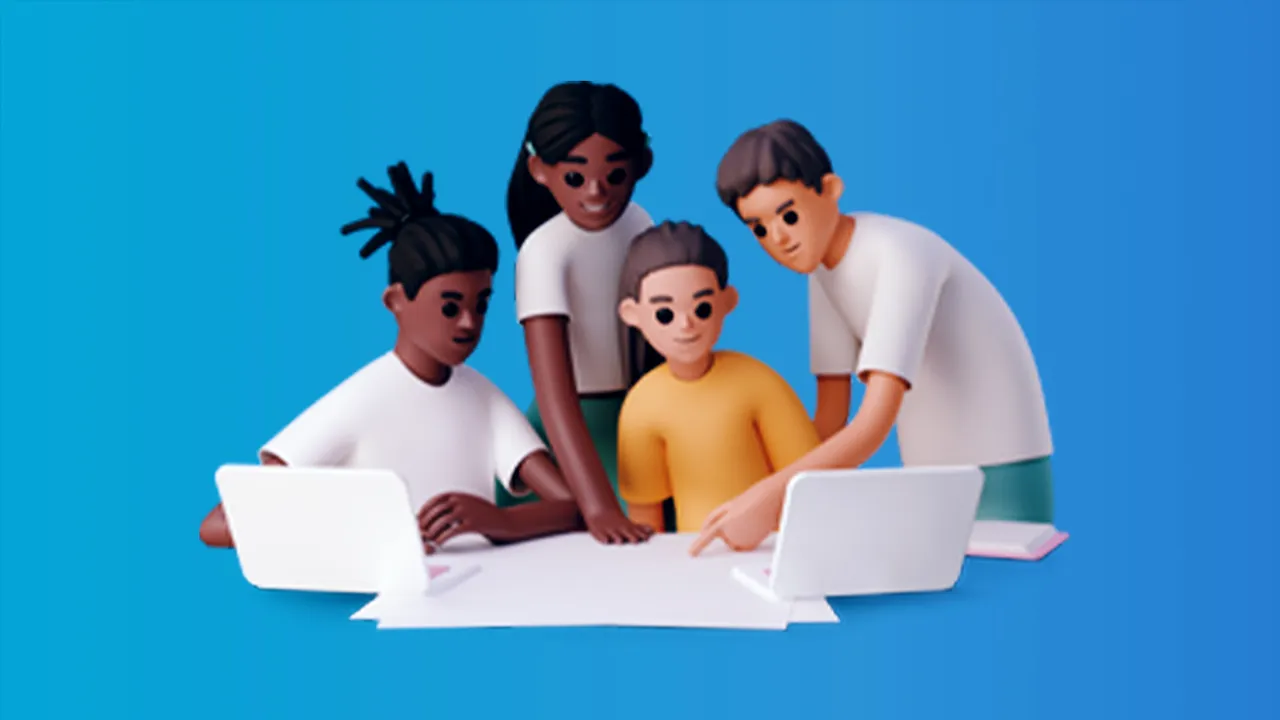 Entry-level Jobs in the Video Game Industry: The Ultimate Guide
Entry-level Jobs in the Video Game Industry: The Ultimate Guide -
 Junior-level Jobs in the Video Game Industry: The Ultimate Guide
Junior-level Jobs in the Video Game Industry: The Ultimate Guide -
 Intermediate-level Jobs in the Video Game Industry: The Ultimate Guide
Intermediate-level Jobs in the Video Game Industry: The Ultimate Guide -
 Senior-level Jobs in the Video Game Industry: The Ultimate Guide
Senior-level Jobs in the Video Game Industry: The Ultimate Guide -
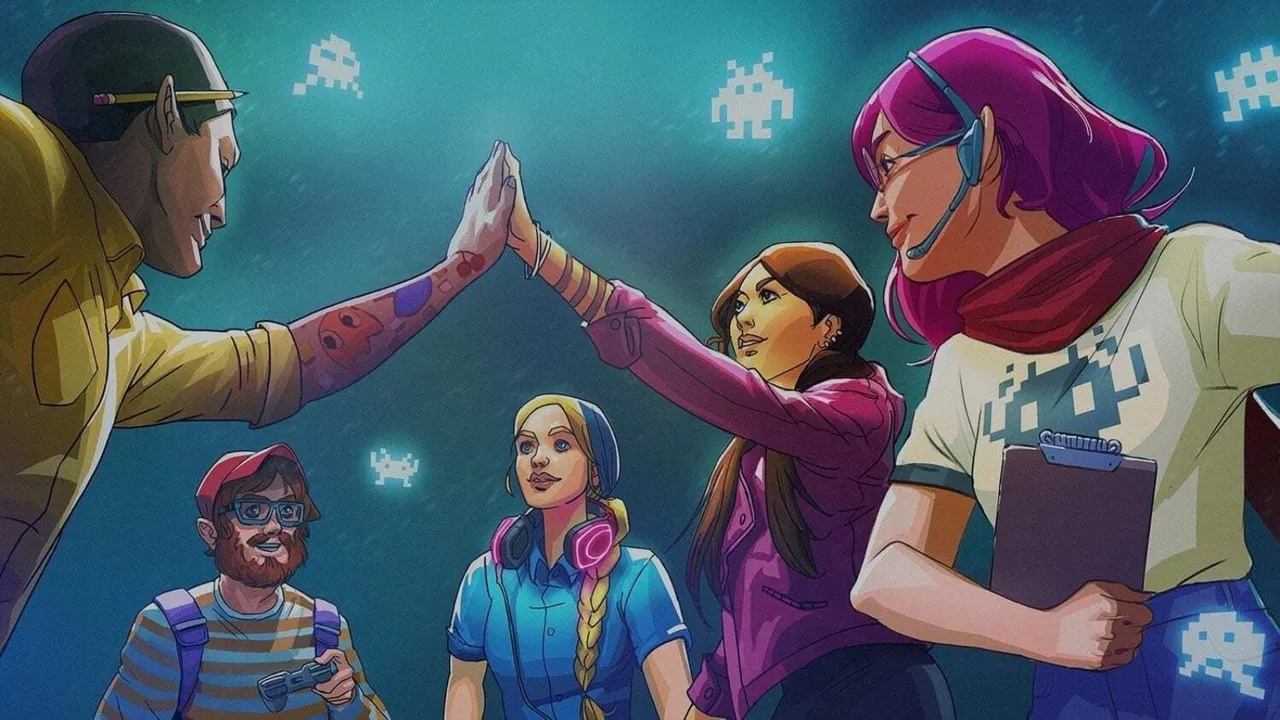 Getting into gaming: Strategies for landing your first game development job with Katherine Mould of Keywords Studios
Getting into gaming: Strategies for landing your first game development job with Katherine Mould of Keywords Studios -
 Art and Animation Jobs in the Video Game Industry: An Overview
Art and Animation Jobs in the Video Game Industry: An Overview -
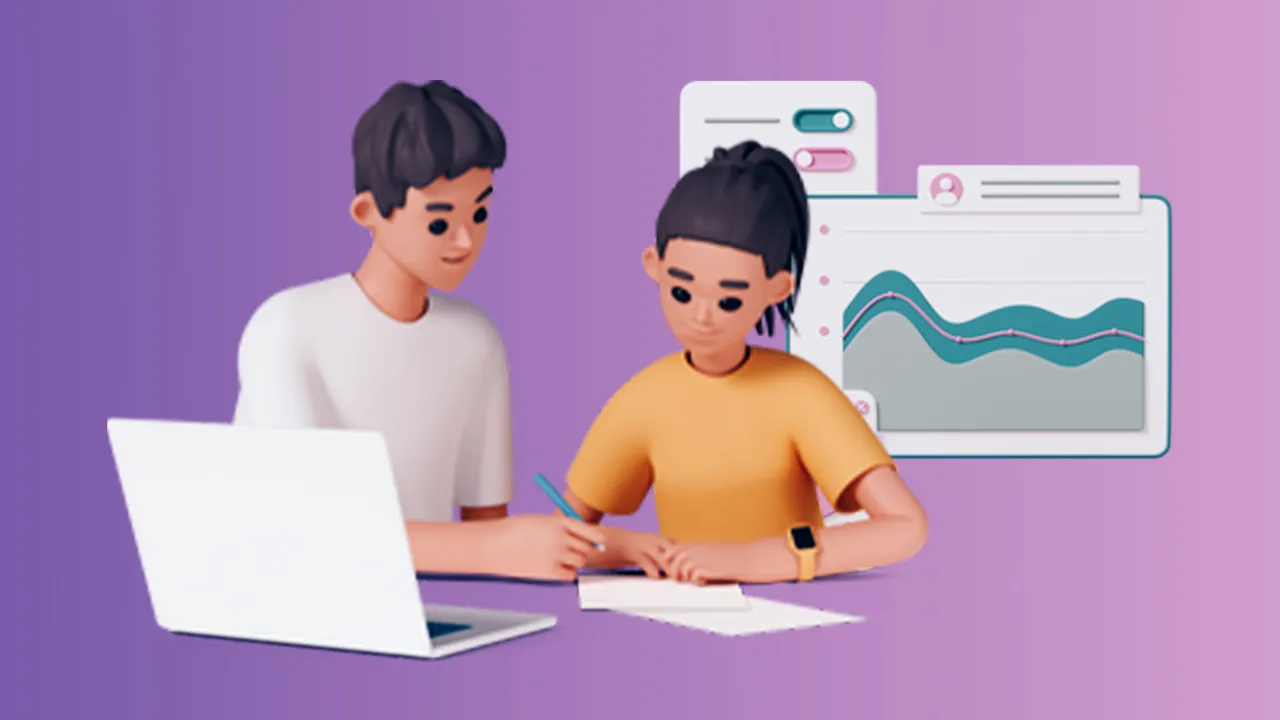 Business Operations Jobs in the Video Game Industry: An Overview
Business Operations Jobs in the Video Game Industry: An Overview -
 Communications and Marketing Jobs in the Video Game Industry: An Overview
Communications and Marketing Jobs in the Video Game Industry: An Overview -
 Content Creation Jobs in the Video Game Industry: An Overview
Content Creation Jobs in the Video Game Industry: An Overview -
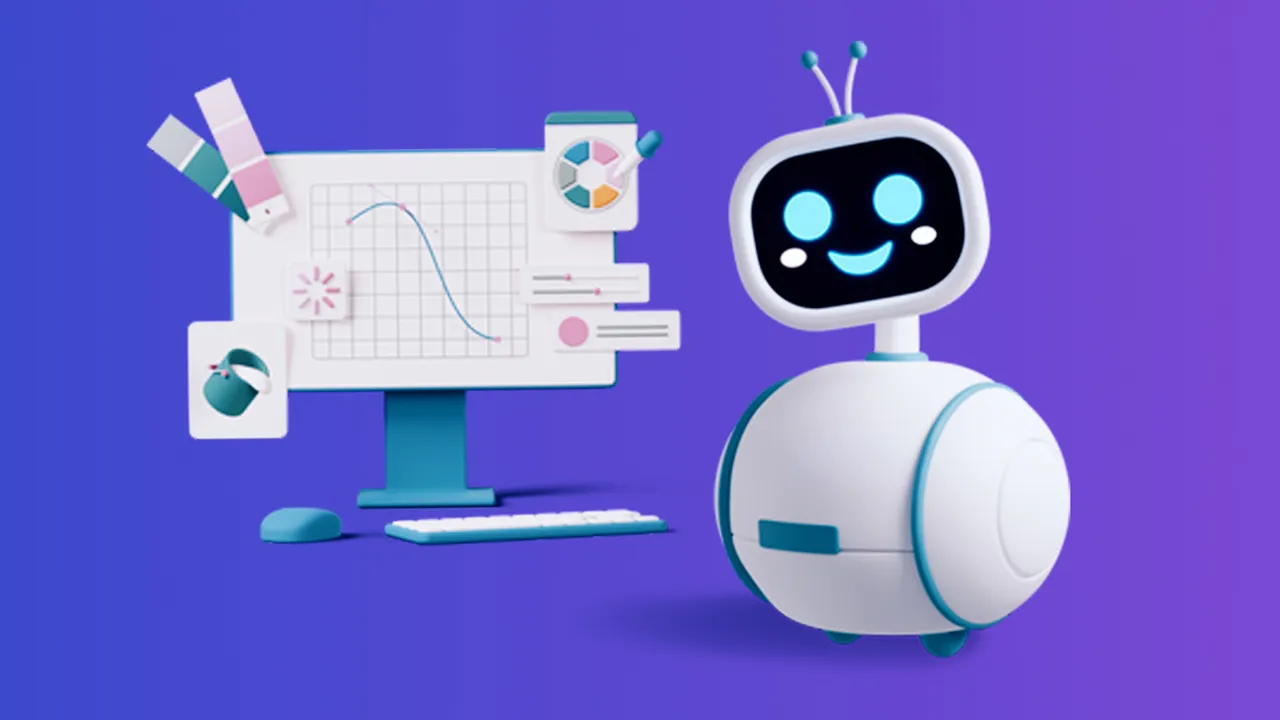 Game Design Jobs in the Video Game Industry: An Overview
Game Design Jobs in the Video Game Industry: An Overview -
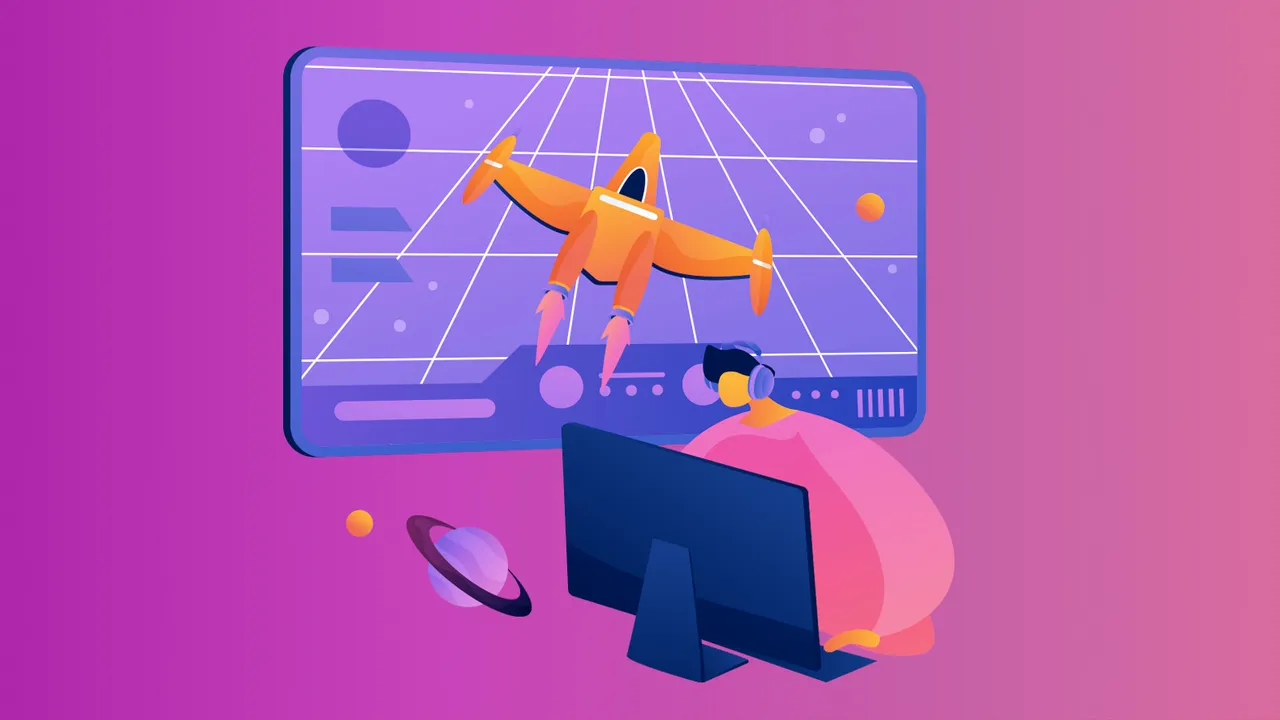 Game Development Jobs in the Video Game Industry: An Overview
Game Development Jobs in the Video Game Industry: An Overview